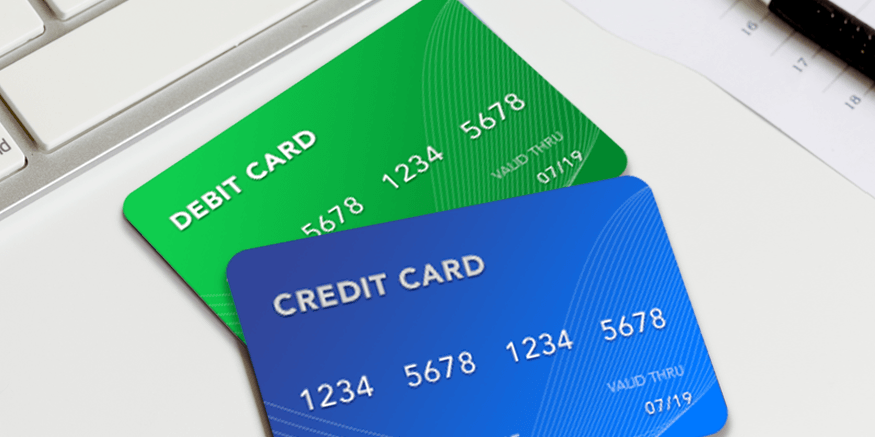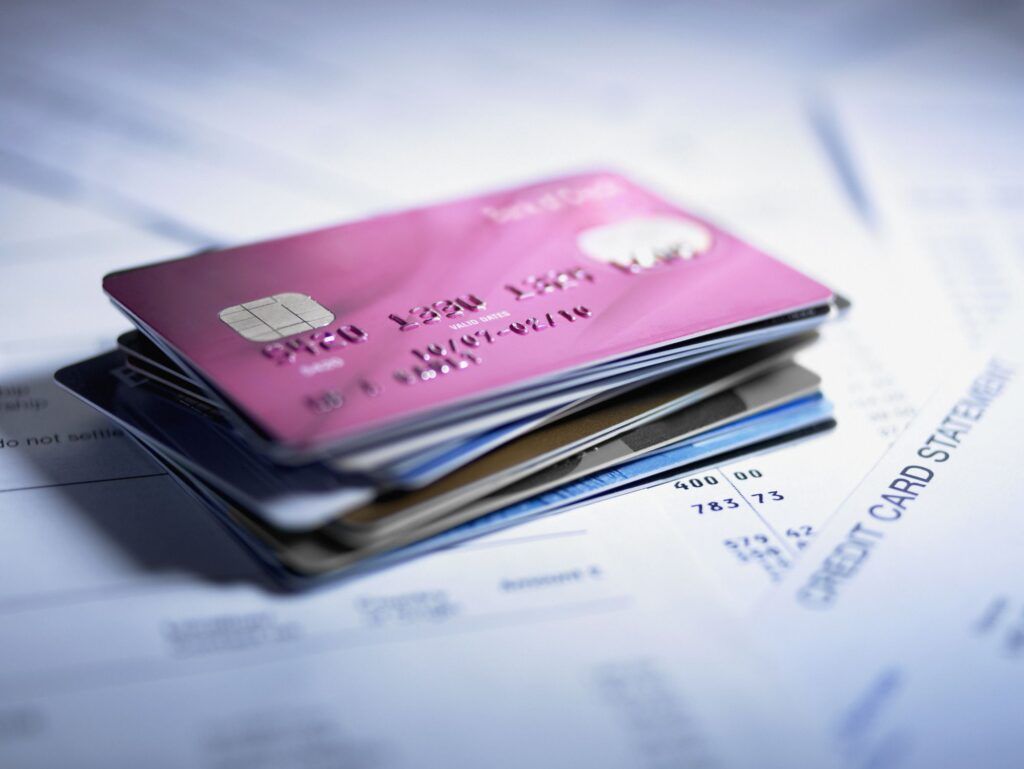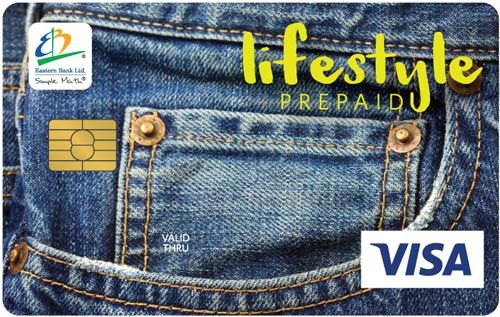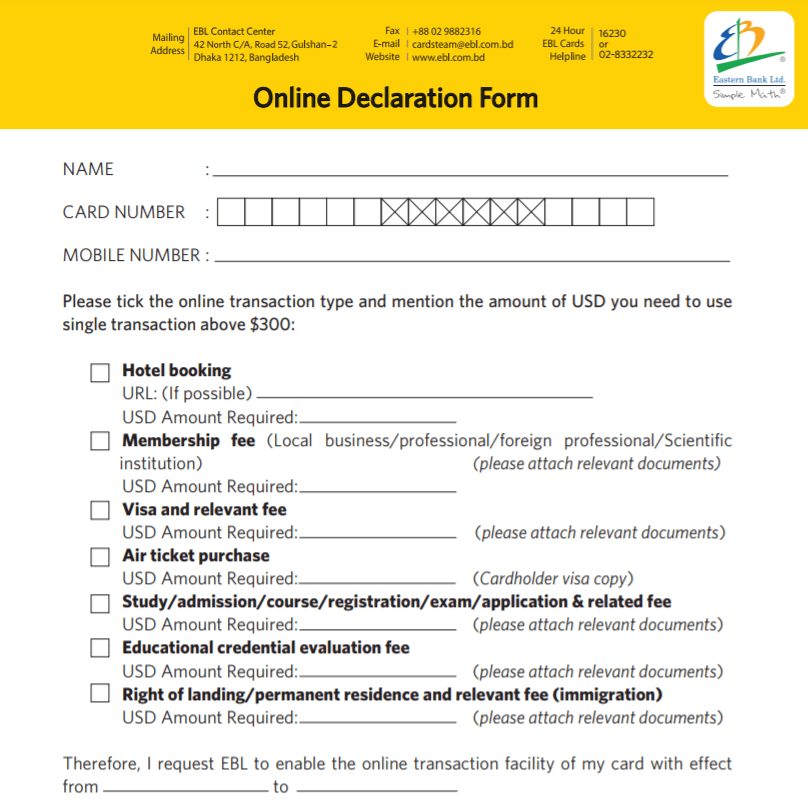International Transactions from Bangladesh
International Transactions using Debit, Credit & Dual Currency Cards

Interested in applying abroad?
You’ll inevitably have to do some international transactions online, such as to pay for the:
- SAT Examination
- SEVIS fee for US F-1 Visa
- CSS Profile fee
- Application fee
If you’re in Bangladesh, you may be confused…how do I do this? There are quite a bit of nuances involved. Let’s deep dive.
Debit Cards
What I’ll say in the next sections apply in the case of Bangladesh. It is quite different in other countries, in the U.S at least.
In Bangladesh, debit cards are simple- you have money in your bank, and you have a card. You swipe (or tap) the debit card somewhere, and the money transfers from your bank to the merchant who is, let’s say, my favorite burger place in the world- Chillox. Sweet. Easy. Very convenient.

One catch: try using this debit card for international transactions, or try paying in dollars, such as while buying Netflix, and it won’t work. Netflix will cry like a baby every time.
But don’t worry, there are ways around it.
Dual Currency & Credit Cards
Banks also have what is known as ‘dual-currency’ cards and credit cards. Dual currency means you can use two currencies in it- most commonly USD and BDT. Usually, you can transact internationally with this card too (do check with your bank).
Credit cards are a much more popular option. We won’t go into the nitty gritty of their differences, but Debit cards transfer money from your bank immediately, while you “loan” from the bank using a credit card. Credit Cards, unlike their counterparts, usually have options to transact internationally in dollars as well. Again, it depends, so do contact your bank.

Sadly, as a student, you probably won’t be eligible for a credit card. Credit card fiascos in Bangladesh are a bit confusing, complex and most importantly- costs an annual fee that you may not want to spend. The same may be true for dual-currency cards.
There is one obvious solution to this- ask your parent/guardian to take a dual-currency and/or credit card. Easy. Or maybe a relative of yours owns this type of card already. Kudos, half of your life’s problems just got solved. No, really.
As a student, if you have no other option, I have a much better proposal for you: prepaid cards.
Prepaid Cards
Debit Cards charge money straight from your bank. You “loan” money from the bank using a credit card, and pay it off somehow at a later date (usually through a simple bank transaction). In prepaid cards, there are no bank accounts involved: you “load” money to your card.
Let’s say I want to register for the SAT examination, and it’d cost me $100 dollars. All cool.
I’ll go to my bank, fill up a form, give the bank a bunch of taka and “load” $150 in my card to use.
When I register for the SAT, CollegeBoard (the entity that administers the SAT examination) will charge $100 from my prepaid card. I’ll have $50 remaining that I can use anytime in the future.
If I run out of $50, or if I feel like I need more dollars, I’ll just “load” more dollars. Easy.

The best part about this is that you need not pay dollars in cash to your bank to ‘load’ dollars. You can pay in BDT cash, and the bank will automatically convert this into USD. Easy peasy.
The second best part about this is that these prepaid cards can transact internationally too. Netflix won’t cry like a baby anymore.
As a student, these cards are life savers in Bangladesh. If you’re looking to apply abroad, there are quite a number of fees that you may need to deal with
- SAT Examination
- IELTS/TOEFL fee
- Application fee, duh
- SEVIS Fee if you’re going for US F-1 Visa
Back in my times, I used my prepaid card like crazy. Even as recently as a few weeks ago I operated it in America to buy my shotgun microphone and tripod. It always works like a charm, and I’ll highly recommend this.

I got mine from Eastern Bank Limited. EBL does not pay me, and I get no benefit by promoting them. However, I loved (and still love) EBL’s customer service for their prompt solutions to everything, including something I’ll explain below. There are other alternatives to EBL that have popped up recently, including Mutual Trust Bank, and a few others. I cannot attest to their overall quality, but EBL Prepaid Card was a smooth and wonderful experience.
My feeling has been reverberated by my friends too- many of whom relied on this card for the very same reasons as me.
Oh, did I mention the card cost me just a one-time charge of 500 BDT?
The 300 Dollar Rule
If you think your girlfriend or, more likely, your boyfriend is insecure, try meeting Bangladesh.
Bangladesh hates it when dollars escape from the country. Plus, they are fearful about money laundering too. Coupled with both, they have created a rule: you cannot transact more than $300 at once with a Bangladeshi card.
Sometimes, this isn’t an issue. If you want to register for the SAT, it’ll only cost you $100, and you’re good. If, however, you want to pay the SEVIS fee for your US F-1 Visa, it’ll cost you $350. Since this is above the $300 threshold, the payment won’t be processed and…everyone will cry like a baby, including you.
There’s a way around this. Different banks deal with this differently, but the bottomline is that you have to let the bank know the reason you need to spend more than $300 with appropriate proofs. In the case of EBL, I had to fill up a form, attach necessary documents, and email it to the appropriate place. In a couple days, your limit, for the next transaction, will be removed.

In this way, I paid my SEVIS fee ($350) as well as bought my ticket to the US (almost $1000).
Some banks will still cry like a baby– they’ll say “Nooooooooo there is nooooo wayyy to pay more than $300 with your credit card nooooo.” I am not sure how you’ll ever negotiate with them, but be wary that this may happen.
Limit
Okay umm…what’s the maximum amount that you can transact with your card?
The answer is…complicated. We’ll have to get into the nuances of dollar endorsement in Bangladesh, which would allow you, technically, to only transact $12,000 per year.
If you want to send tuition fees or living expenses abroad, that’s a different process. Click here to know more.
End Note
You probably know everything that there is to know about international cards right now, but the real war starts now: figuring out how to get one, which one choose among myriad of great (or horrible) options, etc. etc…
Either way, for now sleep like a baby because…..
You’re a pro at international transactions. Go flex your knowledge to everyone.

Samin Rahman
Content Creator, UTD’24
I wrote this thing and I mean…if you don’t know me, check the url. You’re literally on my website.
Follow me on socials too okbye.
